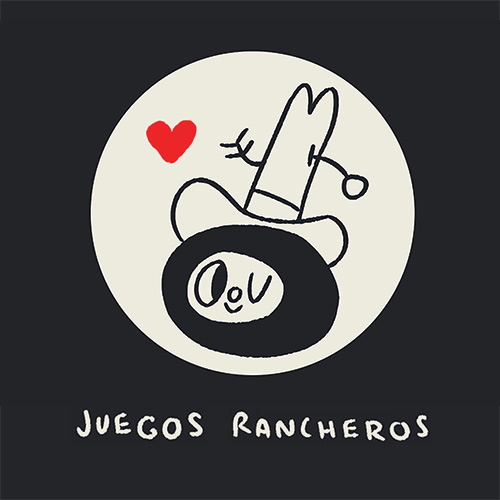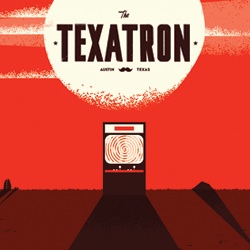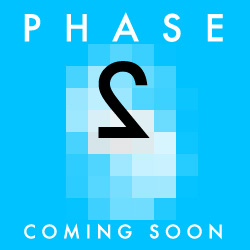ONE MORE GO: MAJORA’S MASK, OR HOW TO BE YOUR OWN HERO OF TIME
I’m sitting in a hotel room with a girl I barely know. She is beautiful, but sad and close to tears. The man she loves has deserted her, and she feels like her world has ended. I know she’s wrong, but don’t seem to have the words to tell her why. Her world hasn’t ended. She is still loved, will still be loved, if only she would save herself. But she won’t. Consumed by the past, bereaved by her loss, she’s paralysed. Oblivious to the fact that a very different horror – concrete, violent, terminal – is threatening to end not just her world, but that of her family, her absent lover and everyone she’s ever cared about. Me too, now I come to think of it. But the words won’t come, and so I stand here, counting down to the end of the world one tear at a time. And then, at the last sad second, time loops backwards and everything begins again.
I’m sitting in a hotel room with a man I barely know. He isn’t beautiful, or sad, or paralysed, but he is oblivious. Not oblivious to the end of the world, however. He’s oblivious to a game called The Legend Of Zelda: Majora’s Mask, and that means he’s also oblivious to the unbearably bittersweet experience of sharing the end of the world with Anju as she sits in her bedroom in Clock Town’s hotel, mourning the disappearance of her fiance. And so I tell him about it, trying to condense dozens of hours of brave, benevolent adventuring into five short minutes. And then, at the last frustrating second, time loops backwards and everything begins again.
I don’t know why he’s oblivious to Majora’s Mask. It’s the sequel to Ocarina Of Time, one of the most enduring lauded videogames ever made (most recently again by Edge). If ever a game was hotly awaited – not least thanks to Ocarina‘s arguably unresolved ending and rumours of hidden Temples – it was Majora.
But less than a decade on, the world seems to have collective amnesia. Over the last year I’ve been living out my own Groundhog Day, sat in pitch meeting after pitch meeting for games which propose to break radical new ground by having a looping narrative, or telling stories at a domestic rather than an epic scale, or having a hero who is actually transformed by the events that befall him. Have you looked, I ask hopefully, at Majora’s Mask? and every time watch as brows furrow and rusty memories are accessed. Oh! they say eventually, I never really played that. Was it good?
Was it good? No, it wasn’t good. It is good. It hasn’t expired, it isn’t stale or mouldering or rotten. It, like so many other masterpieces, is sitting waiting for you in retro shops and on rom sites and in friends’ parents’ attics. And it’s more than good. It’s a blueprint of brilliance, an object lesson in how innovative game design and non-linear story telling can combine to create that holy grail of emotionally resonant interaction. Ten years on we’re still asking if such things are possible, having already forgotten that these are already old achievements.
I shouldn’t really wish that more people remembered Majora. It would be harder for me to make a living if they did. But I do. I hate the deep breath I have to take before asking if anyone remembers Jumping Flash or Rescue On Fractalus. I hate being the geeky bore who’s more interested in talking about games from twenty years ago than about BioShock 2 or GTA 5. But even more I hate the waste of modern game development, of watching talented teams burn time and energy reinventing wheels previously perfected by men now in their 60s.
This isn’t about nostalgia. Most old games are shit. Most new games are shit too, of course, but that’s another story. But littered through the last forty-odd years of commercial videogame development are titles which are more effective treatises on design than anything Amazon could sell you. Everything I know about games I learned from games – or, at the furthest remove, I learned from people who’d learned everything they know about games from games.
There are new avenues for games to explore – new technologies, new philosophies, new mechanics – and their potential fills me with excitement. But if all we manage over the next forty years is to do justice to the ideas and innovations of the last forty, we’d still exceed everyone’s wildest ambitions for gaming as medium.
So if you are oblivious to Majora you owe it to yourself to give it a try. I’m begging you now, right now, before time loops again and we get trapped in the same, wasteful cycle, this time please come back with me. There are riches in the past which outweigh the promise of the future.
[Margaret Robertson is the former editor of Edge magazine and now videogame consultant. One More Go is her regular Offworld column in which she explores the attractions of the games she just can’t stop going back to.]
Previously:
One More Go: Werewolf, or why playing games can give you hairy palms – Offworld
One More Go: World of Warcraft, home is where the hearth is – Offworld
One More Go: Rhythm Tengoku, or Why plucking the hairy onion makes …
One More Go: Disgaea's quest for numerical orgasm – Offworld
One More Go: Donkey Kong Jungle Beat – Offworld
One More Go: Ikaruga, The Big Enemy Is Approaching – Offworld
One More Go: Ranarama – Offworld
One More Go: New York Times Crosswords – Offworld
See more posts about: Offworld Originals, One More Go






